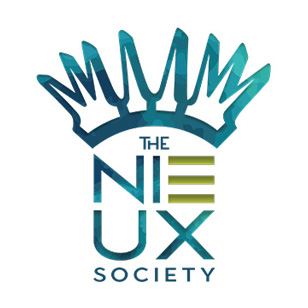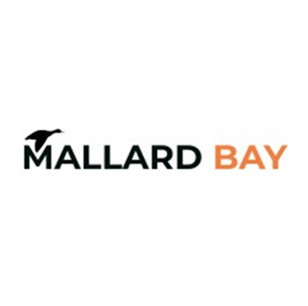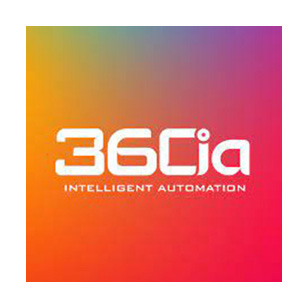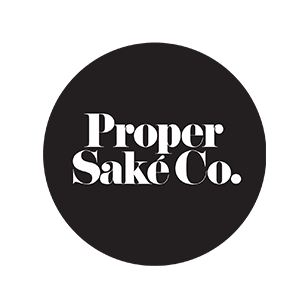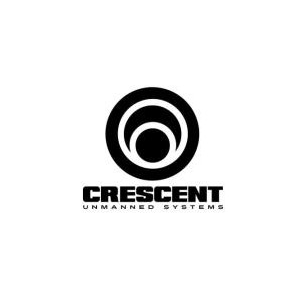How Does Fundraising Work?
Disclaimer: This post discusses general legal issues, but it does not constitute legal advice in any respect. This post is not a substitute for legal advice and is intended to generate discussion of various issues. No reader should act or refrain from acting on the basis of any information presented herein without seeking the advice of counsel. Cara Stone, LLP. and the author expressly disclaims all liability in respect of any actions taken or not taken based on any contents of this post. The views expressed herein are personal opinion.
A common misconception is that a founder owns 100% of the company, and therefore, if the founder brings in investors, they are selling their shares to the investors to bring them into the company.
For founders who are new to raising money for a business, fundraising can be counter intuitive.
However, this is incorrect. In fact, founders do not sell their shares to investors. Founders are selling authorized, but unissued shares in the company. When an investor decides to invest in the company, the investor is investing their money directly in the companies bank account and expects the funds to be used on company growth. In exchange, the company sells the investor authorized (previously unissued) shares at some agreed upon terms.
For instance, if a founder knows they want to bring in investors, they may create a company and create 200 shares in that company. The founder may issue themselves 100 shares. At this time, the founder owns 100 shares in the company and 100% of the company. However, 100 shares are unissued and set aside to sell separated to investors. If the company sells 50 additional shares to investors, the founder will still own 100 shares, but will own 66% of the company. While the percentage of the company the founder owns may drop, the actual number of units does not. Because those units will increase in value over time (and because the founder likely paid very little for those units) the founders interest in the company will continue to grow.
On the other hand, it is possible for the founder to sell some of his/her units in the company. However, in this situation, the money would flow from the investor to the founder personally and should not be used for company purposes. This is often a tool for founders to bring in personal capital after the business has already made grown.
In the venture capital context, companies will raise funds by selling previously unissued shares. Often times, when a company goes to do a financing, they will go through the process of re-evaluating and amending the total number of shares that they have available to be issued. This is why a cap table is so important. It can help founders see how the amount they raise will impact their equity in the company and can help them plan for the number of shares that need to be authorized to meet their goals.
Cara Stone has a free Cap Table Tool which you can download here. This can help founders at any stage plan for future investment, evaluate their stakes within their company, set aside options for employees and much more.
Disclaimer: This post discusses general legal issues, but it does not constitute legal advice in any respect. This post is not a substitute for legal advice and is intended to generate discussion of various issues. No reader should act or refrain from acting on the basis of any information presented herein without seeking the advice of counsel. Cara Stone, LLP. and the author expressly disclaims all liability in respect of any actions taken or not taken based on any contents of this post. The views expressed herein are personal opinion.
A common misconception is that a founder owns 100% of the company, and therefore, if the founder brings in investors, they are selling their shares to the investors to bring them into the company.
For founders who are new to raising money for a business, fundraising can be counter intuitive.
However, this is incorrect. In fact, founders do not sell their shares to investors. Founders are selling authorized, but unissued shares in the company. When an investor decides to invest in the company, the investor is investing their money directly in the companies bank account and expects the funds to be used on company growth. In exchange, the company sells the investor authorized (previously unissued) shares at some agreed upon terms.
For instance, if a founder knows they want to bring in investors, they may create a company and create 200 shares in that company. The founder may issue themselves 100 shares. At this time, the founder owns 100 shares in the company and 100% of the company. However, 100 shares are unissued and set aside to sell separated to investors. If the company sells 50 additional shares to investors, the founder will still own 100 shares, but will own 66% of the company. While the percentage of the company the founder owns may drop, the actual number of units does not. Because those units will increase in value over time (and because the founder likely paid very little for those units) the founders interest in the company will continue to grow.
On the other hand, it is possible for the founder to sell some of his/her units in the company. However, in this situation, the money would flow from the investor to the founder personally and should not be used for company purposes. This is often a tool for founders to bring in personal capital after the business has already made grown.
In the venture capital context, companies will raise funds by selling previously unissued shares. Often times, when a company goes to do a financing, they will go through the process of re-evaluating and amending the total number of shares that they have available to be issued. This is why a cap table is so important. It can help founders see how the amount they raise will impact their equity in the company and can help them plan for the number of shares that need to be authorized to meet their goals.
Cara Stone has a free Cap Table Tool which you can download here. This can help founders at any stage plan for future investment, evaluate their stakes within their company, set aside options for employees and much more.



